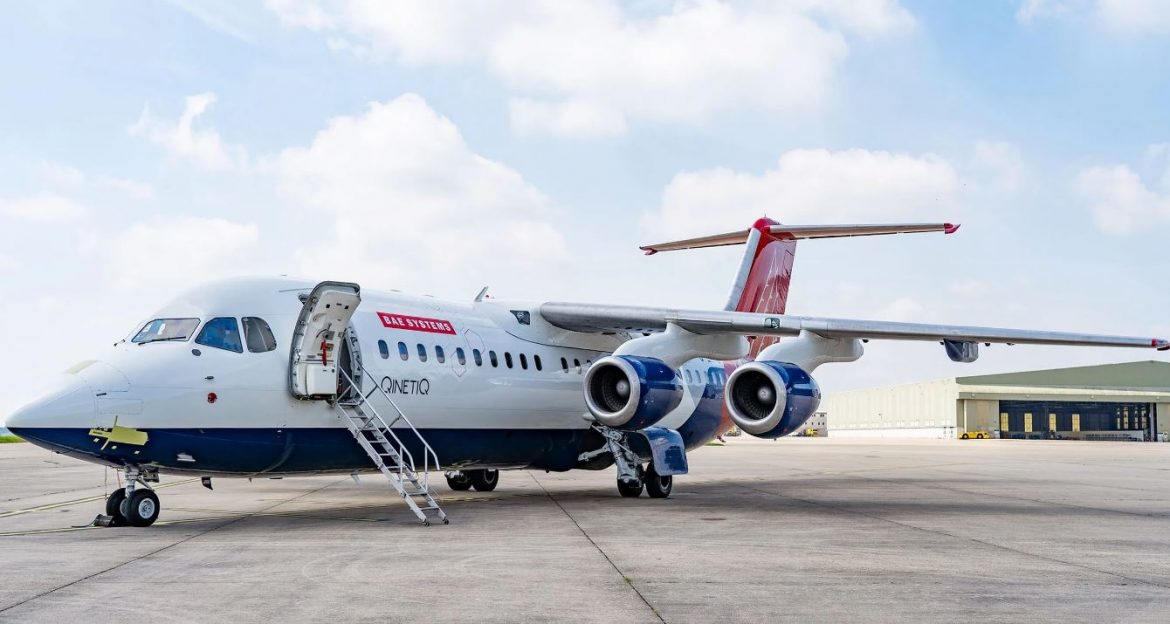In a significant leap towards a quantum-enabled navigation era, a short-haul aircraft in the United Kingdom has become the pioneering airborne platform to test groundbreaking quantum technologies. This move signals a potential shift away from conventional satellite-based navigation systems, including GPS, towards more sophisticated quantum solutions.
The recent trial has ignited a debate within the scientific community about the timeline for the widespread adoption of this revolutionary technology. While proponents foresee a quantum-enabled future just around the corner, skeptics anticipate a longer wait, possibly extending into the 2030s or beyond.
Max Perez, Vice President for Strategic Initiatives at Infleqtion, a Boulder, Colo.–based company leading the charge, highlights the vast potential of quantum navigation. He envisions the initial application in autonomous shipping, followed by deployment in industries such as mining and other settings where GPS signals may be unreliable. Ultimately, the technology could revolutionize personal transportation, including autonomous terrestrial and air-based vehicles.
At the heart of Infleqtion’s innovation lies a Bose-Einstein condensate (BEC), a state of matter known for its extreme sensitivity to acceleration. By harnessing this property, an aircraft equipped with quantum sensors can precisely determine its position relative to its last known location, even without external GPS signals.
Infleqtion’s portable BEC device, occupying 8 to 10 rack units of space, underwent its maiden flight test aboard a British Aerospace 146 (BAe 146/Avro RJ100) tech demonstrator aircraft in May. Within the rig, lasers manipulated a supercooled cloud of rubidium atoms to establish a single quantum state, creating ultra-sensitive conditions conducive to navigation.
Using the principles of quantum wave-particle duality, engineers split the BEC cloud into coherent matter-wave packets, allowing them to detect minute accelerations beyond the capabilities of conventional sensors. The success of this trial marks a significant milestone in the development of quantum navigation technology, paving the way for a future where precise positioning is no longer reliant solely on satellite systems.
While Infleqtion has not yet published detailed findings from this landmark achievement, the implications of quantum navigation are profound, promising a paradigm shift in how we navigate the world around us.



